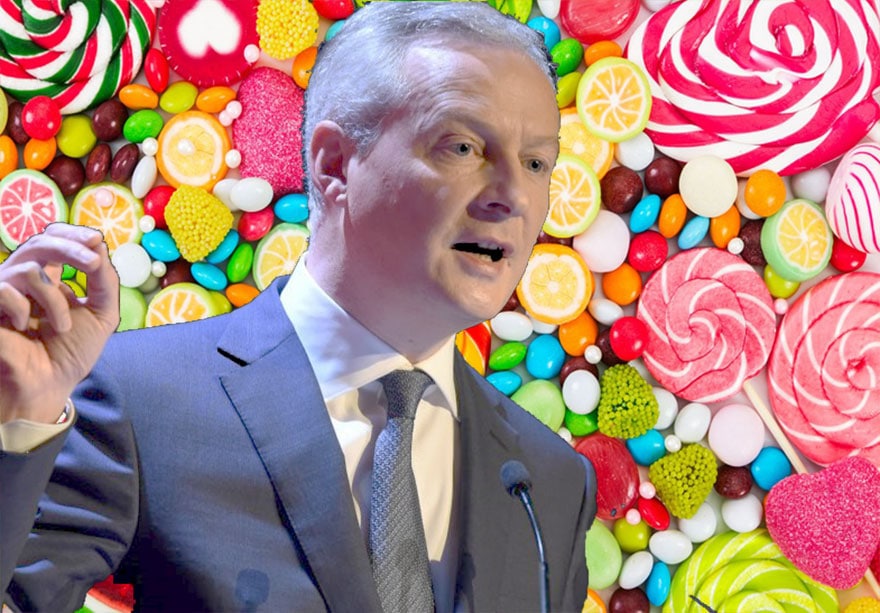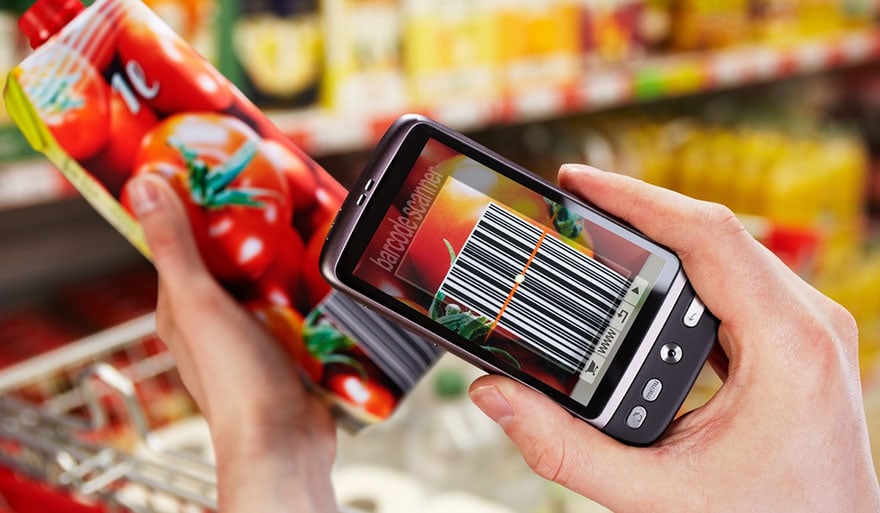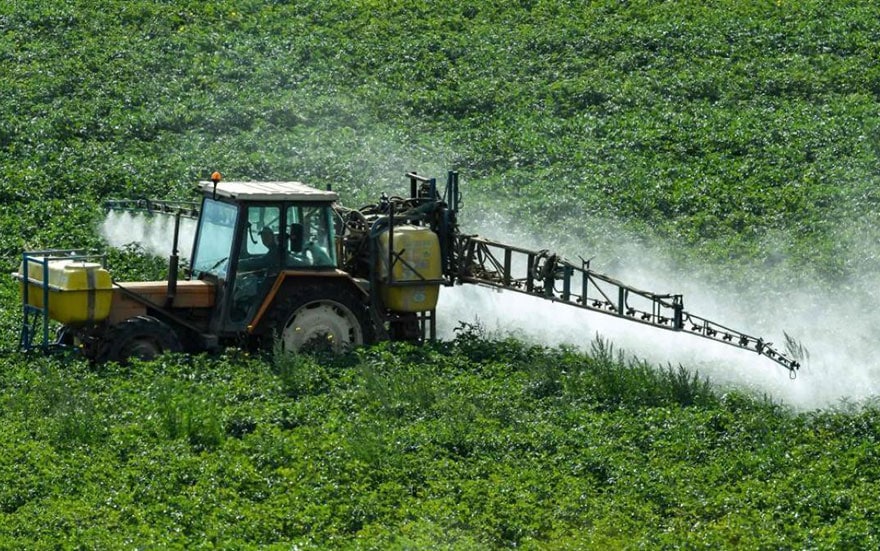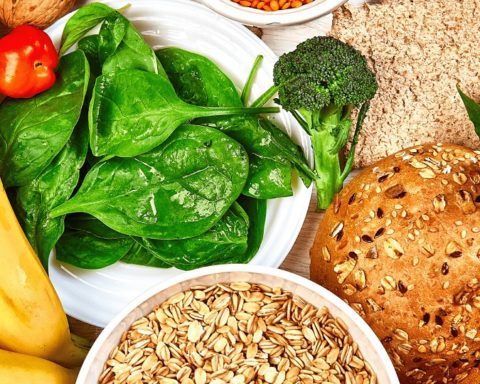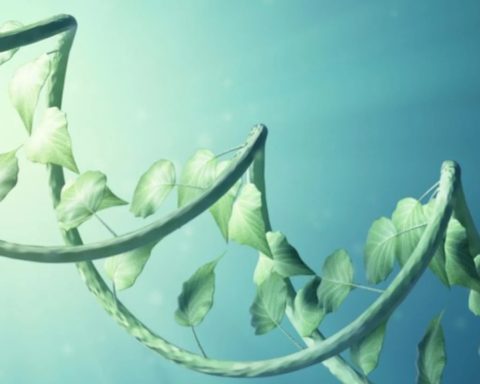Une omniprésence sujette à caution
LIRE DANS UP’ : Bonbons et gâteaux fourrés aux nanoparticules : danger ?
Multiplication des doutes
Risques sanitaires graves
LIRE DANS UP’ : Les nanoparticules présentent un risque sérieux pour le cerveau
Le principe de précaution, c’est pour les autres

Quelque chose à ajouter ? Dites-le en commentaire.

